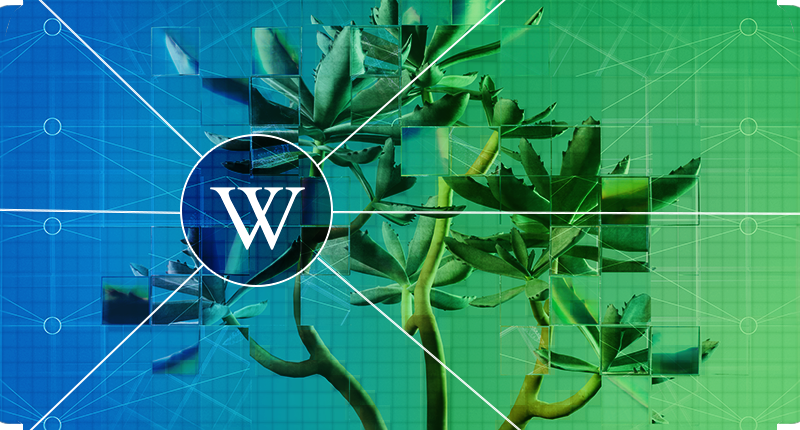
Wikipedia’s value in the age of generative AI
If there was a generative artificial intelligence system that could, on its own, write all the information contained in Wikipedia, would it be the same as Wikipedia today?

Designing ethically with AI: How Wikimedia can harness machine learning in a responsible and human-centered way
The past few years have seen an explosion of journalism, scholarship, and advocacy around the topic of ethical AI. This attention reflects a growing recognition that technology companies often fail to put the needs of the people who use machine learning (or “AI”) technology, and of society as a whole, ahead of their business goals.….

Artificial intelligence service “ORES” gives Wikipedians X-ray specs to see through bad edits
When anyone can edit any page of one of the biggest websites in the world, how can you evaluate all those changes? A Wikimedia Foundation research scientist and a team of volunteers has developed an artificial intelligence service to handle some of the highest-volume crowdsourcing issues on the internet.